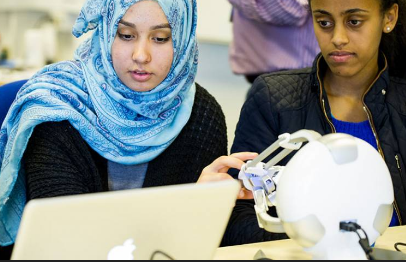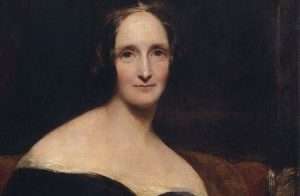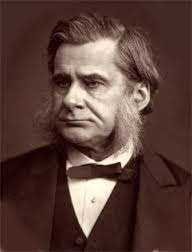The Peer Led Teaching of the Ragged Schools
The peer led teaching methods developed by Andrew Bell and Joseph Lancaster were principal means for developing the Ragged Schools movement. Before education was free for everyone in Britain, there were Ragged Schools. Beginning in the 18th century, philanthropists started Ragged Schools to help the disadvantaged towards a better life. During the 19th century, more people began to worry about neglected children and more schools were opened. These early Ragged Schools were started by merchants and communities and staffed by volunteers.
Read more…








